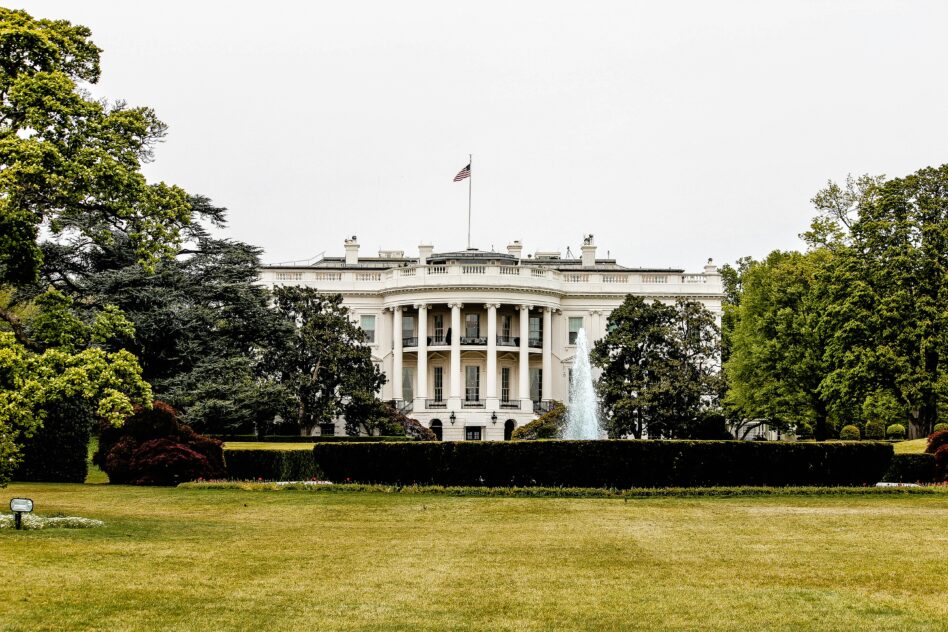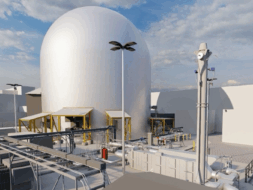You’re not seeing double. Though this year’s appropriations for the DOE just became law, time marches on, and the Biden administration released its budget request for fiscal year 2025 this week.
The numbers are a far cry from what final appropriations will probably look like, as the bills for each department go through the ringer that is Congress and its many committees over the next six months (or, more likely, year). Still, the request signals the administration’s priorities in the upcoming year and helps us guess what’s getting a boost and what’s getting left behind.
The DOE’s nuclear budget: The White House requested $1.59B in FY2025 appropriations for the Office of Nuclear Energy, down from $1.77B in comparable FY2024 enacted funding levels.
Domestic fuel production took center stage in the DOE’s discussion of nuclear energy funding. The request includes $150M to make high-assay low-enriched uranium (HALEU) available for reactors.
The budget request also referenced the importance of the FY2024 budget’s $2.72B in repurposed funding (versus $2.16B requested) to build out the HALEU pipeline, “which—coupled with a long-term ban on imports of LEU and HALEU from Russia—would prompt sufficient private sector investment to reinvigorate US uranium enrichment and reduce America’s current dependence on Russian imports for roughly 20 percent of LEU used in civilian nuclear power reactors,” according to the budget summary.
Other highlights:
- $218.2M is requested for the Advanced Reactor Demonstration Program, a 24% decrease on 2024 enacted levels.
- $105.5M is sought for nuclear energy-enabling technologies, including advanced manufacturing and instrumentation.
- Within the DOE’s Science budget, $844M is set aside for fusion energy sciences.
- NuScale’s Carbon Free Power Project was left on the cutting-room floor.
Worth noting, too, that the largest piece of the DOE’s budget—$25B out of a total requested $51M for the department—is set aside for the National Nuclear Security Administration, which deals in non-proliferation.
On to the NRC: The nuclear regulatory authority has requested $151M in net appropriations on $975M in adjusted gross budget authority for FY2025, up from $927.4M allocated last week in the FY2024 bill. The agency said in a release that it expects to bring in $824M in licensing fees, which accounts for the difference between net and gross.
The budget includes:
- $420.7M for operating reactors
- $82.8M for new reactors—$3.2M less than the 2024 allocation
- $144.9M for nuclear waste and materials safety
How about a bonus? It’s not just the DOE and NRC that are interested in nuclear energy technology:
- NASA is looking into nuclear propulsion systems for spacecraft as part of its $459M technology demonstration budget.
- The Defense Advanced Research Programs Agency (DARPA) requested $146.4M for a nuclear-powered rocket system, $64.4M more than it requested last year.
Lead Reporter of Ignition





